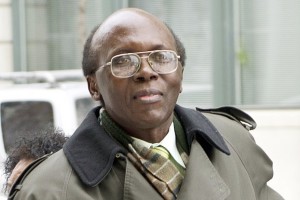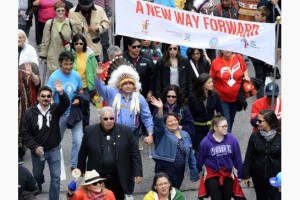 By Marianne Dagenais-Lesperance*
By Marianne Dagenais-Lesperance*
The right to self-determination is an internationally recognised principle which has caused ferocious debates, especially recently. Contemporary controversies include the recent results of the Iraqi Kurds’ and Catalonians’ referendum, where the vote for independence from their respective State passed with a strong majority.
Spain and Iraq’s dismissal of the referendums as unlawful and threat or use of violence against the populations of Catalonia and Kurdistan have added fuel to the fire. But how shouldstates respond to such results? What are their obligations towards the expression of the will to secede from part of their territory?
The right to self-determination is the legal right of people to decide their own destiny in the international order. Articulated under Article 1 of the United Nations Charter, and later reaffirmed in United Nations resolutions (General Assembly 1755 (XVII); 2138 (XXI); 2151 (XXI); 2379 (XXIII); 2383 (XXIII); Security Council 183 (1963); 301 (1971); 377 (1975); and 384 (1975)) and international treaties (ICCPR; ICESCR), it does not clearly state who the beneficiaries of the right are and what it entails in practice.
International scholars such as Alina Kaczorowska and Malcolm N. Shaw refer to the Canadian Supreme Court judgment Reference re: Secession of Quebec when discussing the right to unilaterally secede. In the aftermath of the second referendum on Quebec’s independence, the Governor in Council (‘GC’) referred this case to the court. Three questions were submitted concerning the legal situation in the event of a secession attempt by Quebec. The analysis of this judgment from academics is often limited to the conclusion that there is no such right. This conclusion offers only a limited appreciation of the Supreme Court’s judgment as it also gives guidance on the rights and responsibilities held by States and separatist movements in the event of a positive response to a referendum asking for independence. Its legacy goes beyond the limited question of the right to unilaterally secede. Continue reading


